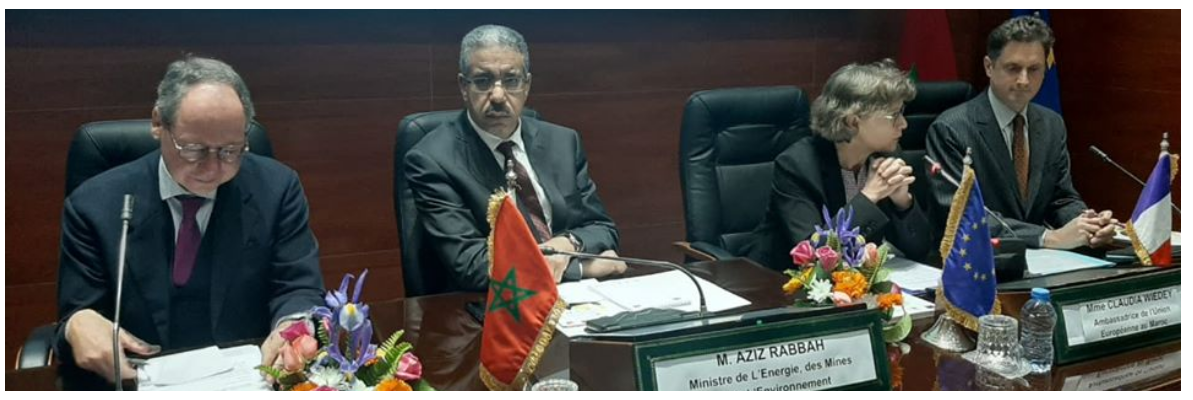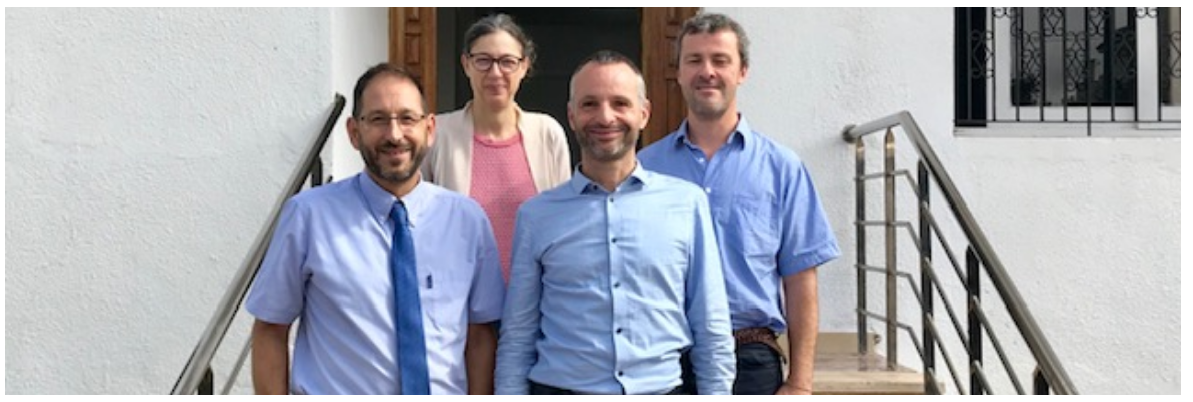Twinning project to assist the implementation of Morocco’s National Charter for the Environment and Sustainable Development (CNEDD)
Objective
-
€1.2mBUDGET
-
06/09/2019PROJECT START
-
24 monthsDURATION
In Morocco, population and economic growth, the often uncontrolled geographical development of urbanisation and industrialisation on the coasts, the size of the agriculture sector and the increased needs of society put real pressure on natural resources (water, soil, forests, air, biodiversity…). This raises many issues concerning effective waste management, industrial and air pollution, water resources, deforestation, soil quality and the consumption of natural resources in view of the vulnerability of the environment to climate change.
Morocco is aware of the challenge of protecting the environment and has strengthened its legal arsenal since 2003. The adoption and implementation of the National Sustainable Development Strategy (SNDD) and the establishment of economic and financial instruments for the protection of the environment demonstrate the commitment of the Kingdom of Morocco in this field.
The aim of the European twinning project to assist the implementation of Morocco’s National Charter for the Environment and Sustainable Development (CNEDD) is to strengthen Morocco’s efforts to preserve its environment by supporting the implementation of the CNEDD, which was adopted in 2014, and converge Moroccan regulations with European Union regulations.

Two areas of operation
Area 1: Legal convergence and institutional strengthening
The objective of the twinning project is to bring Morocco’s legal and regulatory framework, in particular Framework Law n° 99-12 on the National Charter for the Environment, closer towards the European Union framework (“the Community acquis”). To this end, the European experts mobilised are working closely with their Moroccan counterparts to make a comparative assessment of the European and Moroccan legislative and regulatory situation. These experts are assisting with the drafting of implementing legislation and decrees related to the preservation of coastal areas and marine environments, chemicals management and air pollution.
It will also involve better adapting Morocco’s Government structures and organisations responsible for the environment to their missions and moving them forward with their convergence with the European Union. The study and analysis of European legislative and regulatory texts, as well as the modes of organisation in comparison with the situation in Morocco, will identify the best solution to develop Moroccan texts towards the best European acquis.
Area 2: Training and awareness-raising among stakeholders
One of the activities of the twinning project involves training officials from the State Secretariat for Sustainable Development and other organisations in charge of the environment in Community acquis and good practices. The training will cover the themes of environmental police, strategic environmental assessment and environmental audit.
Finally, awareness-raising among stakeholders is essential in the assistance for the implementation of new legislative, regulatory or organisational mechanisms. It is for this reason that the twinning project provides for the organisation of thematic workshops with the aim of raising the awareness of ministries, institutions, unions, the private sector and civil society.

This twinning project is financed by the European Union and is part of the Programme to Support Competitiveness and Green Growth (PACC), which was signed in November 2016 between the Government of Morocco and the European Union. The public expertise mobilised comes from French and Austrian administrations. Expertise France is handling the administrative and financial management of the twinning project on behalf of the French Ministry for the Ecological Transition.
|


